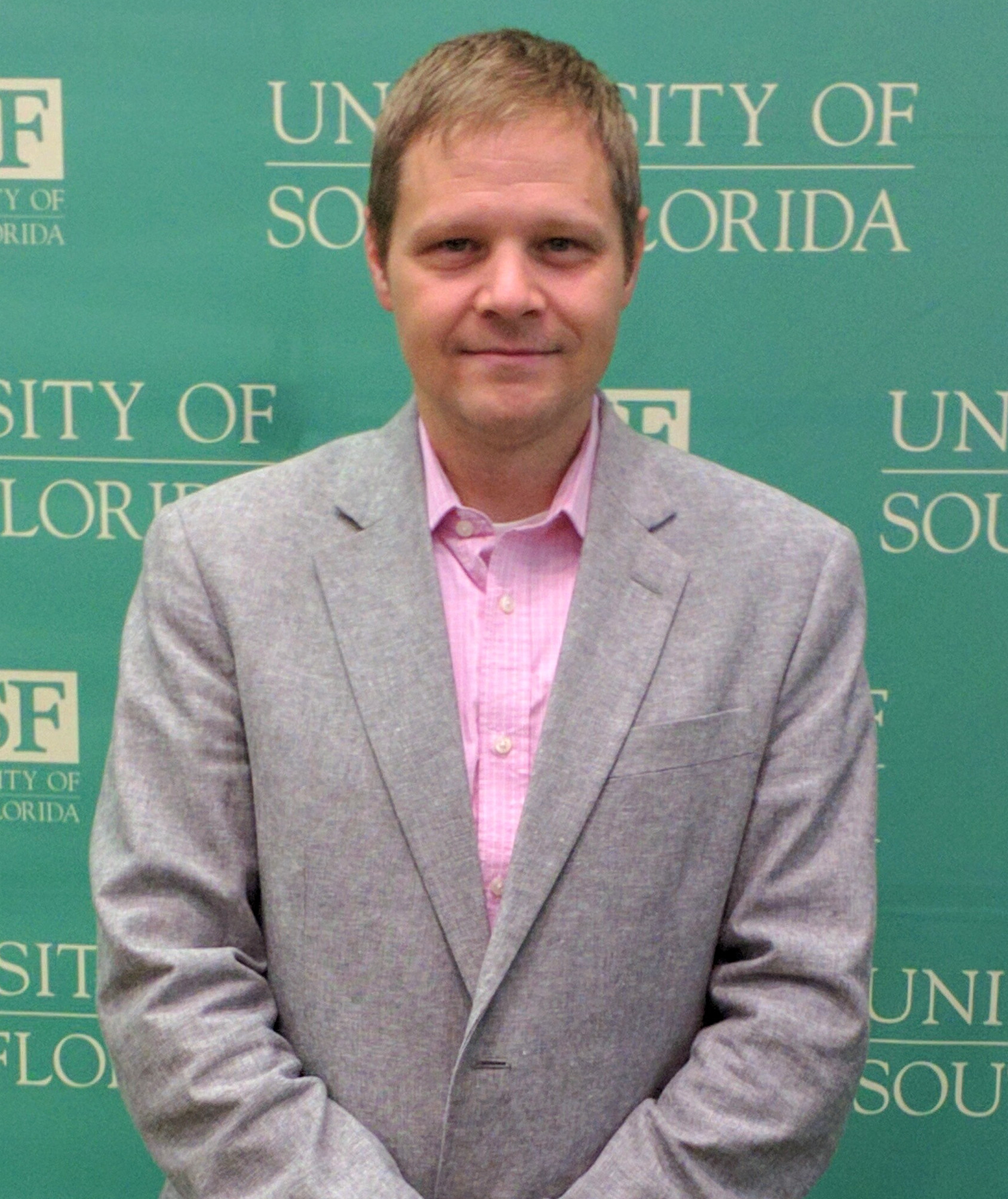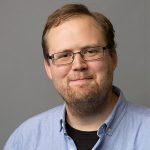About the Seminar
The use of the most accurate (i.e., QM or QM/MM) levels of theory for free energy simulations (FES) is typically not possible. Primarily, this is because the computational cost associated with the extensive configurational sampling needed for converging FES is prohibitive. To ensure the feasibility of QM-based FES, the “indirect” approach is generally taken, i.e., necessitating the computation of ΔA(MM➝QM). Ideally, this step is performed with standard Free Energy Perturbation (FEP) as it only requires simulations to be carried out at the low level of theory, however, work from several groups over the past few years has conclusively shown that FEP is ill-suited to this task. As such, several alternative strategies and approximations have arisen to mitigate difficulties with FEP. In this presentation, I will discuss our recent developments to this end with particular emphasis on (1) using more robust techniques to compute ΔA(MM➝QM), (2) improving MM descriptions of QM systems via machine learning techniques, and (3) developing new techniques for modeling protein-ligand binding with full flexibility.
About the Speaker
Hello, my name is H. Lee Woodcock. I completed a B.S. in Chemistry with a minor in Biology at Appalachian State University. Here is where I first learned about the exciting possibilities of actually performing chemistry research via computer modeling. After briefly flirting with pharmacy school, I decided graduate school in computational chemistry was my top interest. My dissertation research was done under the direction of Professor Henry F. Schaefer and I completed my Ph.D. in computational quantum chemistry in 2003. The major focus of my graduate research was physical organic chemistry; here I supplemented my education by working and publishing with world leaders in the field such as Prof. Paul von Ragué Schleyer and Prof. Peter R. Schreiner.
After finishing at UGA, I was awarded a fellowship for post-doctoral studies at the National Institutes of Health. While at NIH, I worked with Dr. Bernard Brooks on the development and application of general multi-scale methods with a particular focus on hybrid quantum mechanical/molecular mechanical (QM/MM) techniques to study reaction mechanisms and their associated free energies. This work led to numerous publications and awards (e.g., Career Transition Award). Upon leaving NIH I accepted an assistant professorship at the University of South Florida (USF, Tampa, FL).
Since arriving at USF, I have not only continued to focus on developing methods for efficiently calculating QM/MM free energies, but have also focused on developing and applying techniques for computer-aided drug design (CADD) and characterizing protein structure-function relationships via computational techniques. These efforts have resulted in numerous high-profile publications (i.e., in Altmetric’s top 100 papers of 2018 and 2020) and several new techniques which have been implemented in two major software packages; the CHARMM biomolecular simulation package and the quantum chemistry package Q-Chem. I have also been successful obtaining funding from a variety of locations including: NIH (Career Transition Award (K22), 4 R01s), NSF (single-PI grant), and DOE (Phase I and Phase II SBIR).
I have also been an active member of the ACS Computers in Chemistry (COMP) division for over 20 years. During the past 10+ years, I have been serving in various capacities for COMP with the majority of my efforts focused on programming. During this time I (along with my co-chairs) have worked diligently to improve the quality, opportunities, and diversity of ACS COMP programming. These accomplishments have contributed to an ~25% increase in ACS COMP member participation at ACS national meetings since I have taken over as program chair in 2015.



